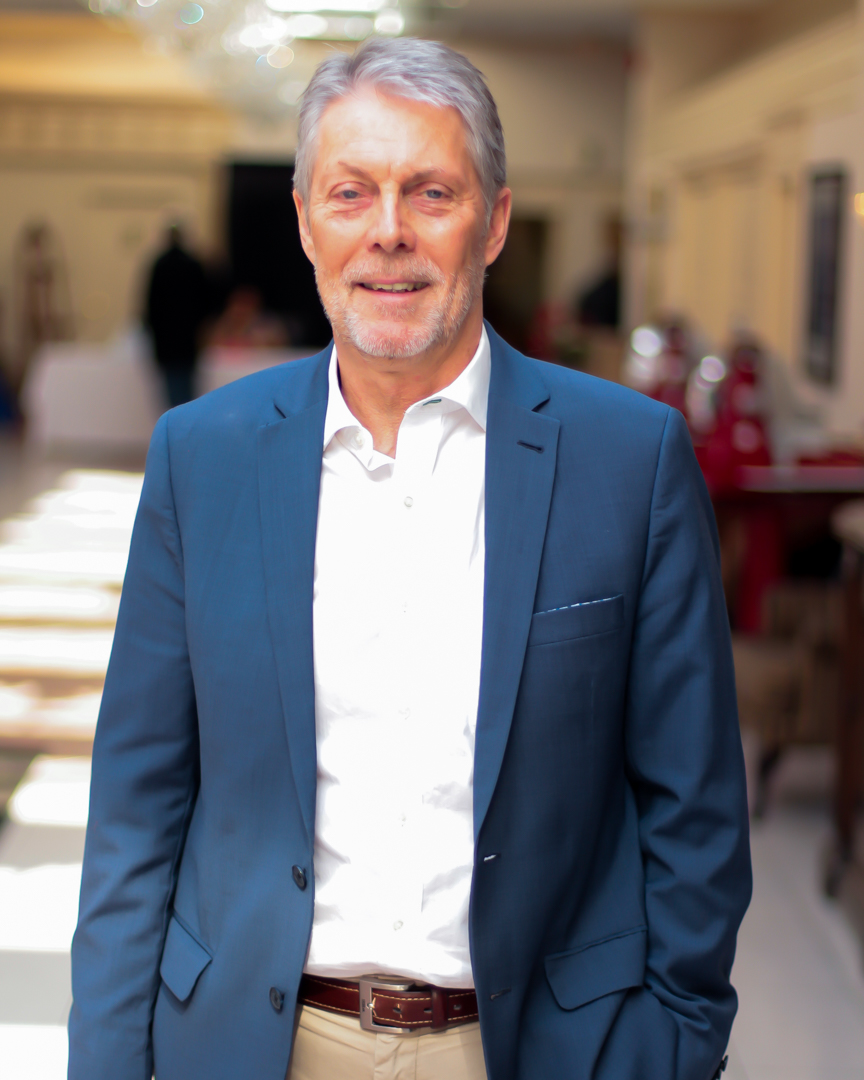Question: What defines a Smart City and how does Hamilton fit in that?
Mayor Fred: For Hamilton, it’s all about collaboration for the benefit of people in our community, and how we can collectively solve some of our problems. The digital part for me is a given. At the end of the day, it’s about employment opportunities and it’s about improving the lives of individuals in our community.
How do we collectively come together to do that for Hamilton? It’s been a particularly important challenge because we’ve had a significant industrial decline in the city, but we’ve been going through a kind of a progressive transformation over the last 25 years. This evolution has been out of necessity. We’re going to have to either modify who we are and what we’re doing, or we’re going to be a one industry town.
This transformation includes all of the elements of collaboration, so it’s not totally city-driven. It’s partly culturally driven and partly our major institutions – McMaster University, Mohawk College, Redeemer University, and City Lab – who bring people together to look at some of our challenges and collectively resolve them to the best that we can.
Question: How do you see data governance and the ownership control, disbursement and monetization of people’s data?
Mayor Fred: Clearly that’s a big issue for the municipality. If we ever lose focus on data being of benefit to the people – for individuals, then we’re really losing the value of what data really is all about. We need to have some pretty defined, clear understandings of how we utilize data, and then the question becomes, “How is all the other data that’s out there being utilized in an aggregated and protected way?”
If I need healthcare data, for instance, “how do I get to it without infringing any privacy issues so that I can utilize that in my decision making?” I don’t think we’re quite there yet but it’s a work in progress. I think data is king for sure, but also protecting privacy and protecting individual rights through that process is also a paramount issue. iIt really has to be people-oriented. If it gets beyond that, then we’re going to have problems. Now, we have a Chief Digital Officer and his mandate is to aggregate data and to be able to use that for future decision making.
Question: What role does public engagement have in your Smart City initiatives? How is public engagement employed?
Mayor Fred: Every year, we share a survey with the community, a fast broad engagement process, on a whole range of things. The total inclusive amount on an annualized basis is something like 200,000 people talking about the future of our city. Better public engagement has been the mantra all the way through and one of the challenges that any municipality can face. “How do you get information out to the broader public, and what tools do we have?” Now we have more tools than ever before. We have websites, Twitter accounts, and social media feeds at the city of Hamilton. We are actively using those to independently share information.
Question: What do you need in order to get to where you want to be?
Mayor Fred: Here I want everybody to be gainfully employed and happy: I mean, bottom line. For Hamilton, our biggest issue is employment. Whether it’s in the digital space, technology, research or the products that come out of that, this is what MIP [McMaster Innovation Park] is all about. The next generation of product development that can be made right here. We need to have employment for the future of whoever is here going forward, but I’m not sure that measures up in terms of the total employment requirement. So if there’s a gap, it has to be filled by some sort of a standard of living opportunity for those that aren’t going to be able to participate, for whatever reason. What I want is everybody to be employed, I want everybody to have decent housing, I want good public transportation. I want it to be the best that it can be.
What I want is everybody to be employed, I want everybody to have decent housing, I want good public transportation. I want [Hamilton] to be the best that it can be.
Fred Eisenberger, Mayor, City of Hamilton

